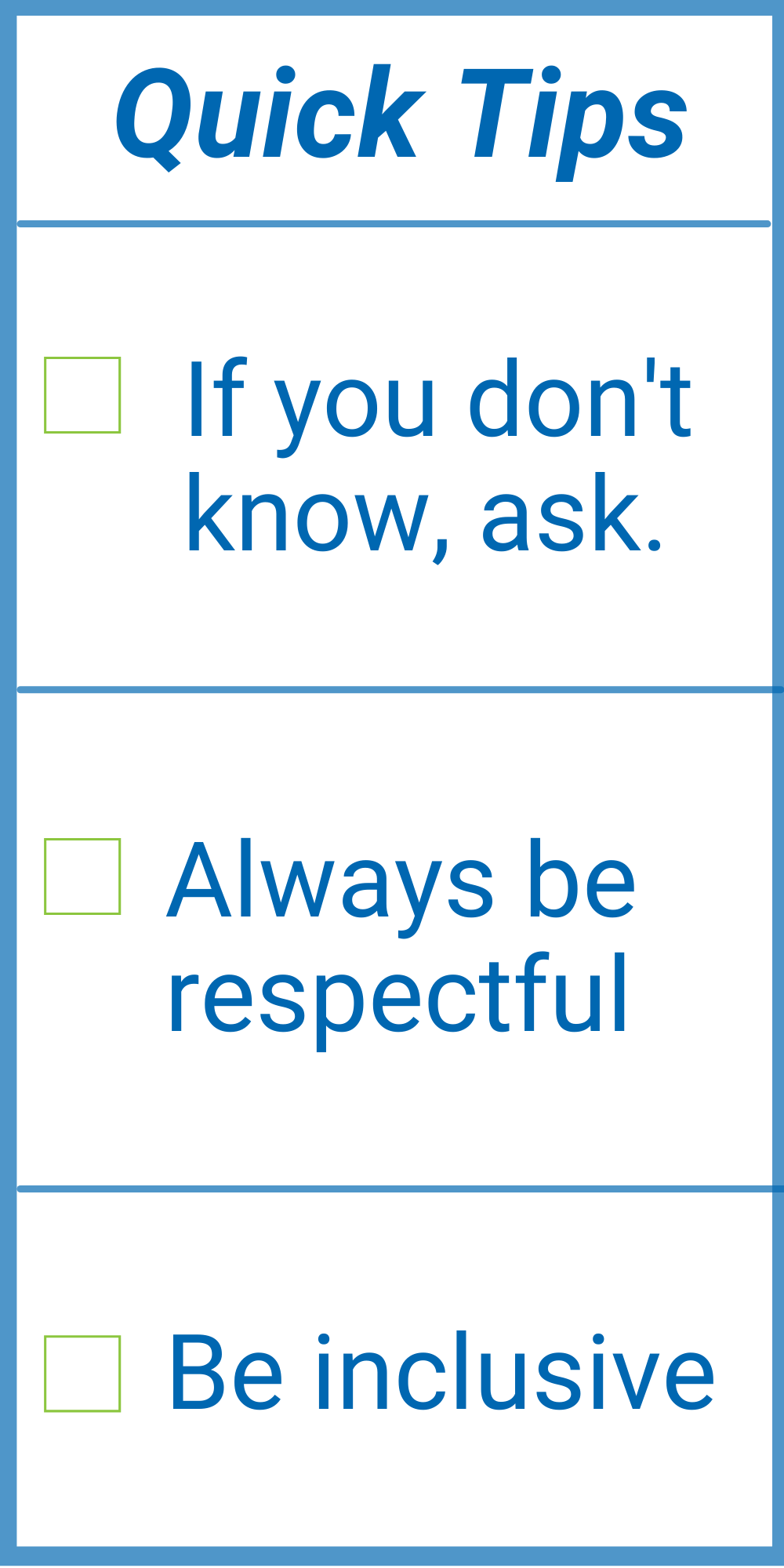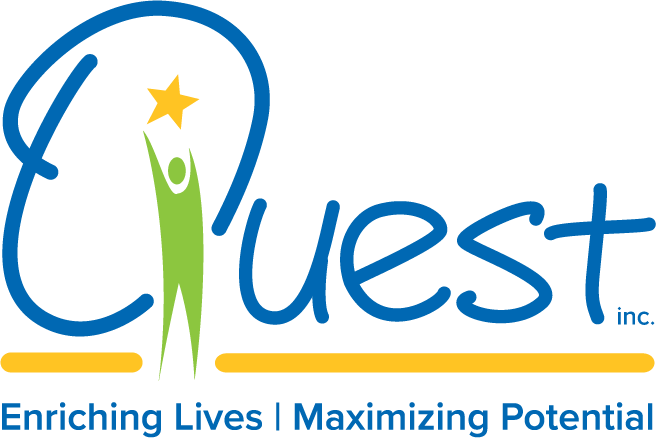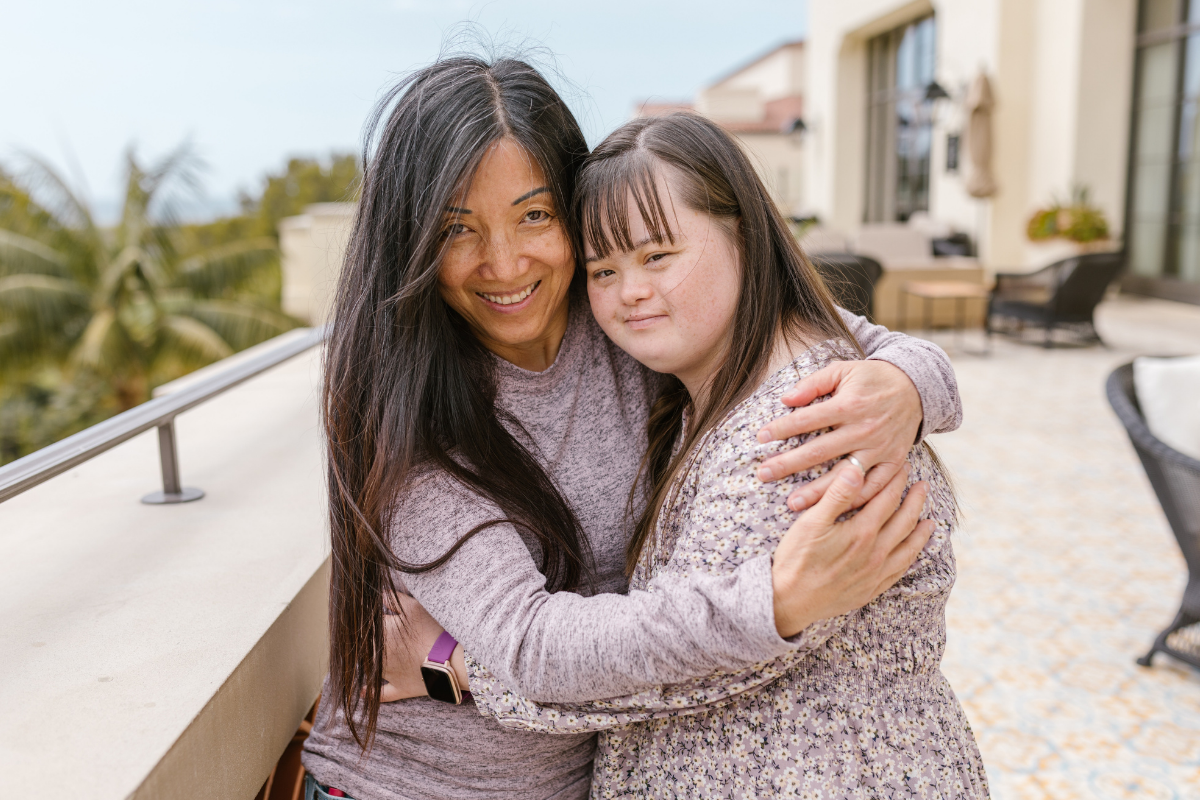If you didn’t grow up knowing someone with a developmental disability, it can be hard to know how to support them. Here are some quick tips for supporting anyone with a developmental disability in your life.
If your friend or co-worker has a child with a developmental disability:
- Do your best to be direct. If you’re unsure about their child’s condition, it’s okay to ask specific questions in a respectful way. You may not possess the correct terminology, but “developmental disability” is a broad term that can be used when asking about a condition or specific diagnosis. Always use “people-first language” which puts a person before a diagnosis. For example: “… her child is on the autism spectrum” vs “… her autistic child.”
- Don’t offer unsolicited advice. Your friend will most likely be in close communication with their pediatrician and/or specialists and working with them to make the best choices for their child. Unsolicited advice may be unwelcomed and even harmful.
- Do your best to be inclusive. If your friend’s child has mobility limitations and you’re planning a children’s playdate, try to make that experience inclusive. For example, if you’re going to a museum, making sure that it is easily accessible can be a simple thing that will make your friend feel supported.
- Don’t offer pity. It’s important to remember that parents of children with developmental disabilities aren’t on a worse path, it’s just different. Pitying them can make them feel “othered” and not included.
If you have a new friend or co-worker that has a developmental disability:
- Don’t patronize them. Do not infantilize or patronize people with developmental disabilities. It’s important to remember that they are peers and colleagues. Do your best to be direct and speak to them in an age-appropriate manner.
- Do ask before providing help. It’s okay to offer help, but it’s important that individuals decide for themselves if they want help. If you feel the urge to step in and help or speak for someone, ask if that’s what they want.
- Don’t just speak to a caregiver. It may be easier to communicate with a caregiver, but don’t forget to engage with the person with a developmental disability. Speaking to them directly can ensure that they feel seen and heard.
- Do speak normally. It’s important to keep a normal tone and volume. Speaking loudly and slowly is unnecessary, unless they ask you to speak that way.

The most important thing to remember is to treat someone with a developmental disability with dignity and respect, speak directly to them and if you’re unsure of what to say or do, ask.

